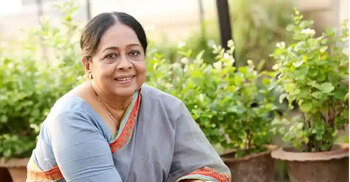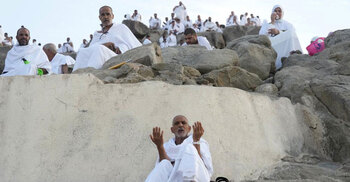Flood and post-flood child health

Thirty five lakhs children and their families are at extreme risk due to the recent floods in Bangladesh. Especially safety, health, nutrition and education risks are high. Ninety percent of health centers in the Sylhet division have been submerged, where the prevalence of waterborne diseases is increasing. Children are at high risk of drowning, which is one of the leading causes of infant mortality in the country.
Flood-affected areas are prone to flood and post-flood diseases. The number of water borne and insect-borne diseases is high. The risk of contracting various diseases including diarrhea, pneumonia and skin diseases is now high. During floods, sewage, human and animal excreta systems become blends together. Therefore, the spread of infectious diseases increases during floods. In order to protect against water borne diseases, safe drinking water system and use of safe water in all activities should be ensured. So at the moment the government needs an emergency water purification tablet, nutritious dry food for children.
The main health problem in floods is diarrhoea. To prevent diarrhoea, you should wash your hands thoroughly with soap and water before eating. Hands should be cleaned in the same way after going to the toilet. If you start having diarrhea or thin stools, you should eat enough saline. Children under the age of two should be given 10-12 teaspoons of food saline after each loose stool. Two to ten year old children should be given 20 to 40 teaspoons. Children over the age of 10 are given a little more. If you do not have food saline or ORS, you can take home-made salt-molasses syrup as an alternative. Breastfeeding should not be stopped. Rice starch, chira water, coconut water should be used. If nothing is available, only safe water can be fed. Food that is normal for that age, you have to try to feed it. Khichuri can be fed to the child to prevent malnutrition at this time. If the condition does not improve, the frequency of stool and vomiting level increase and the child feels dehydrated. Take to the nearest health center or doctor. Because, in this case, the baby may need saline intravenously. Each child can be given vitamin A capsules at this time as per the doctor's advice. Children (excluding children under two years of age) should be dewormed in the post-flood period. Deworming should be done regularly at intervals of four to six months. Normal vaccination programs continued in flood-prone areas.
More than 5,000 schools and education centers have been submerged in the flood waters in Sylhet. According to UNICEF, More than 36,000 children and their families have taken refuge in overcrowded shelters. Schools have been closed and exams canceled, further disrupting children's education. Earlier, the school was closed for 18 months due to Corona. During severe and long-term floods, some people may experience emotional distress, and children may also experience the same problems. In this case, everyone's sympathy is absolutely needed. The government must prioritize and plan for the safe recovery of children's education to avoid long-term effects.
UNICEF has sent 17 lakhs water purification tablets and more than 9,000 water containers. But millions of children still need clean water. Protection from waterborne diseases in flood-prone areas is now urgently needed. More than 40,000 water points and about 50,000 toilets have already been damaged, leaving children at high risk of diarrhea and other life-threatening diseases. UNICEF is working to provide more assistance to the Government of Bangladesh in its emergency response, including the distribution of thousands of health items for women and adolescents. UNICEF is providing emergency medicine to district health centers, the main purpose of serving children.
It must be controlled before any disease spreads. At present, it is necessary to monitor the situation in Corona. We need to provide hygienic support to keep our children safe. Awareness needs to be raised for wearing masks, using hand sanitizer, Washing hands frequently with soap and maintaining social distancing. Scientific studies have shown that the risk of infection is reduced by 95% to 5% if both the person carrying the corona virus and the healthy person wear the mask. As coronavirus infections are on the rise again, it is difficult to protect yourself and your loved ones at this critical time, but you need to wear a mask properly. Also appropriate rehabilitation measures need to be taken in the post-flood period, already initiatives taken at the public and private levels.
Writer: Consultant, Department of Neurodevelopmental Disorders and Child Development and Pediatrics, Better Life Hospital.
Former Autism Specialist, Dhaka Community Medical College and Hospital.







